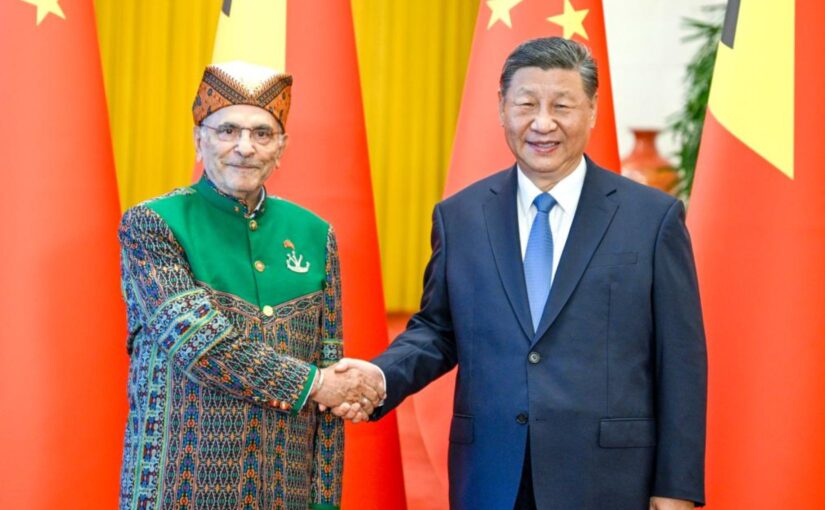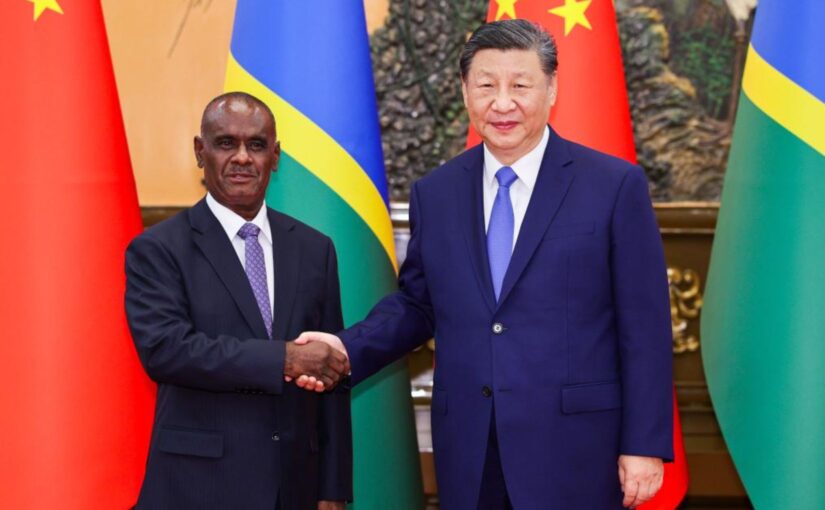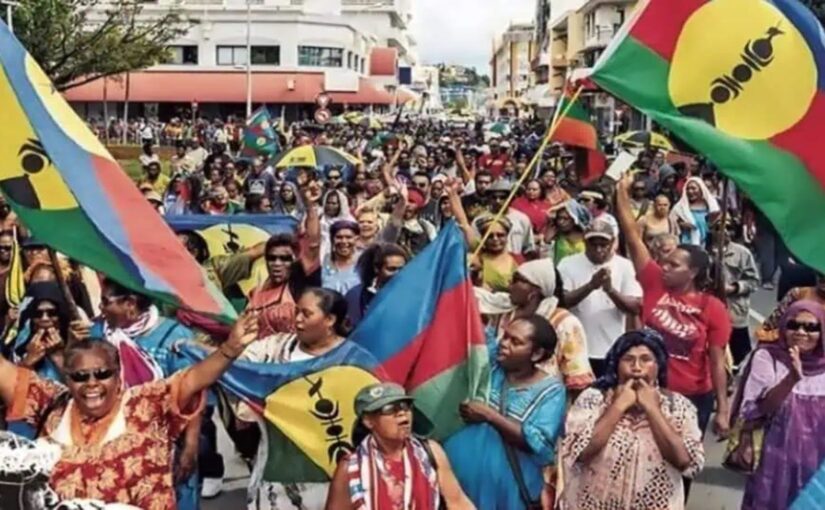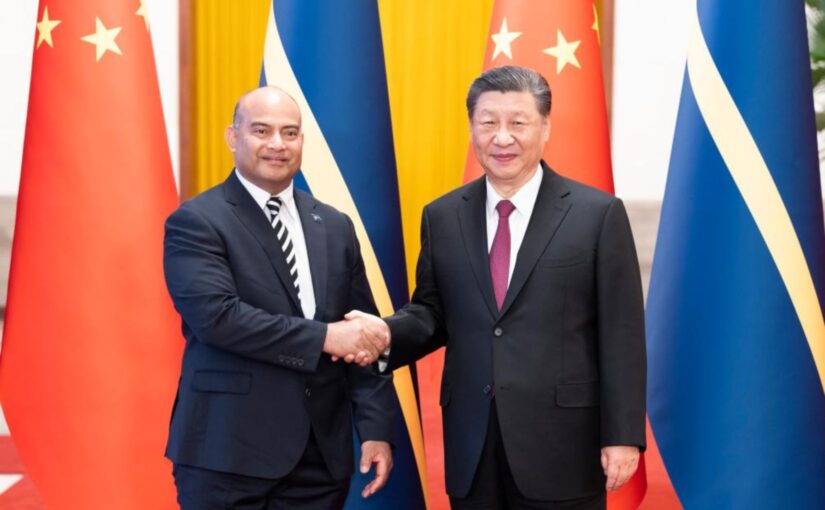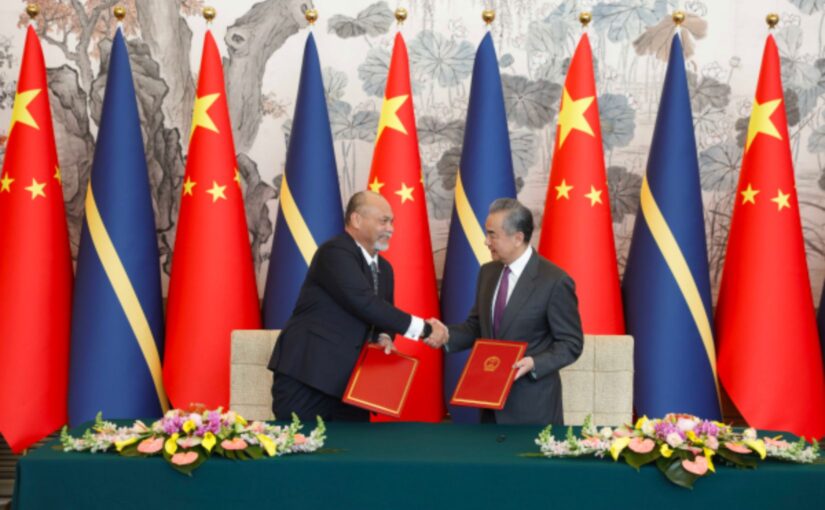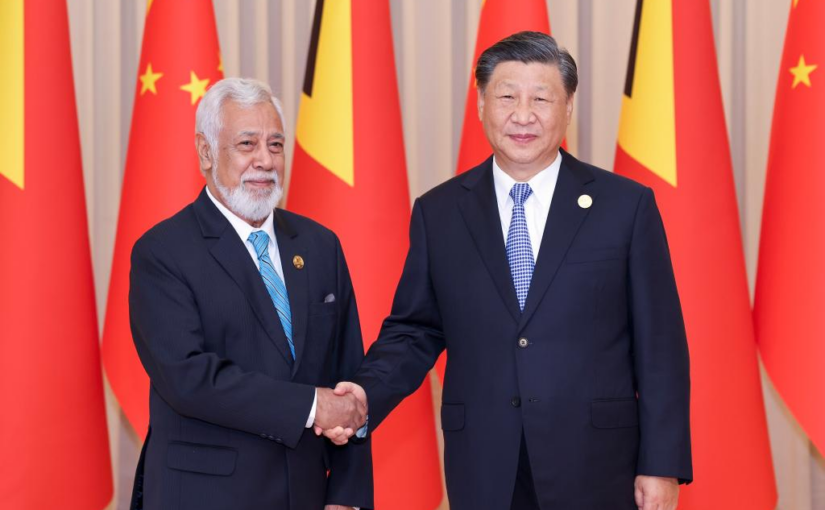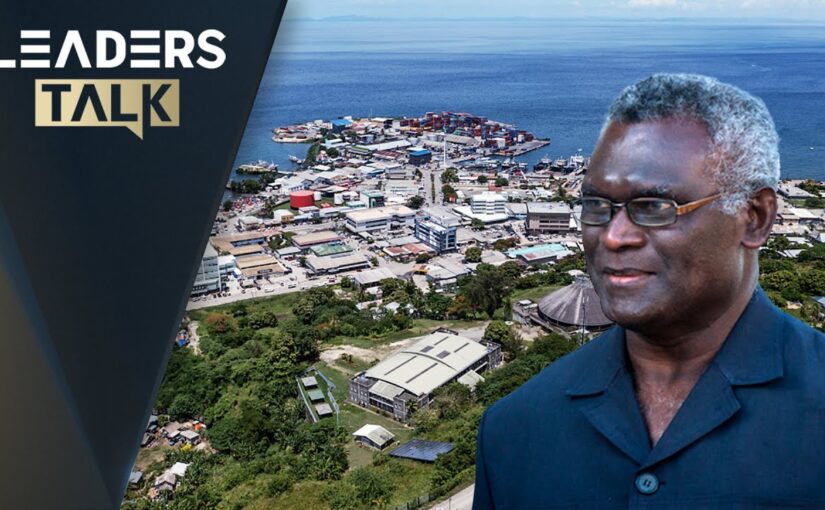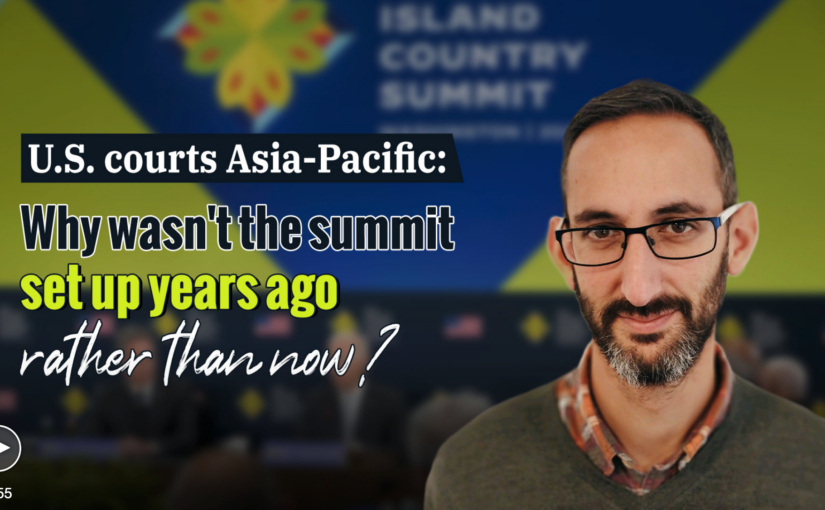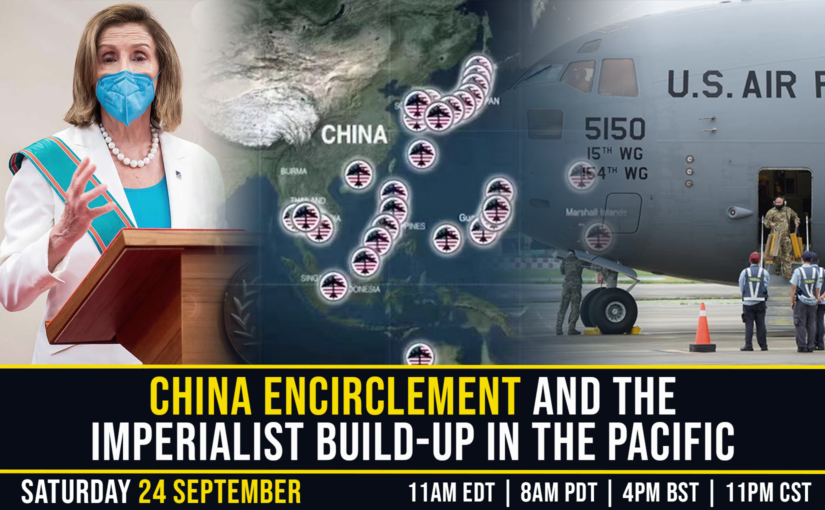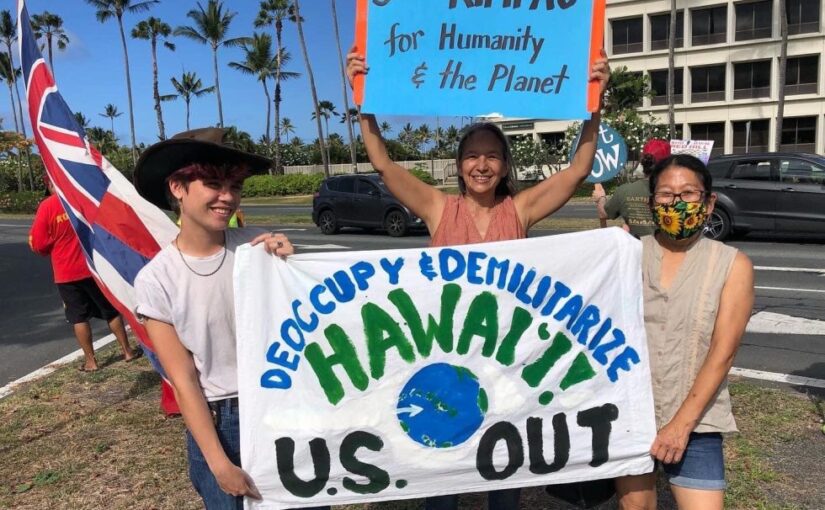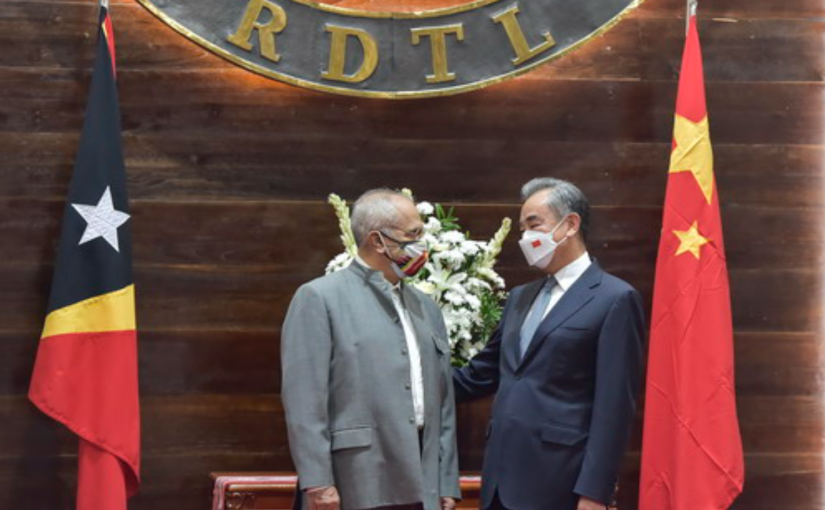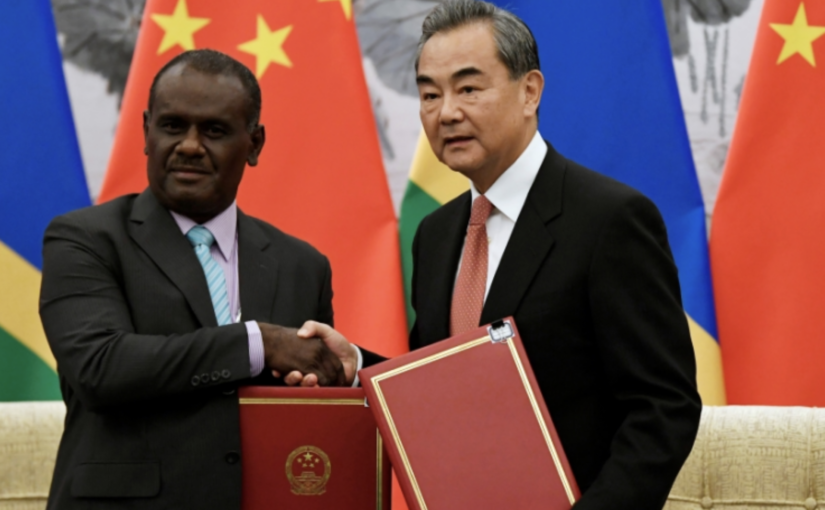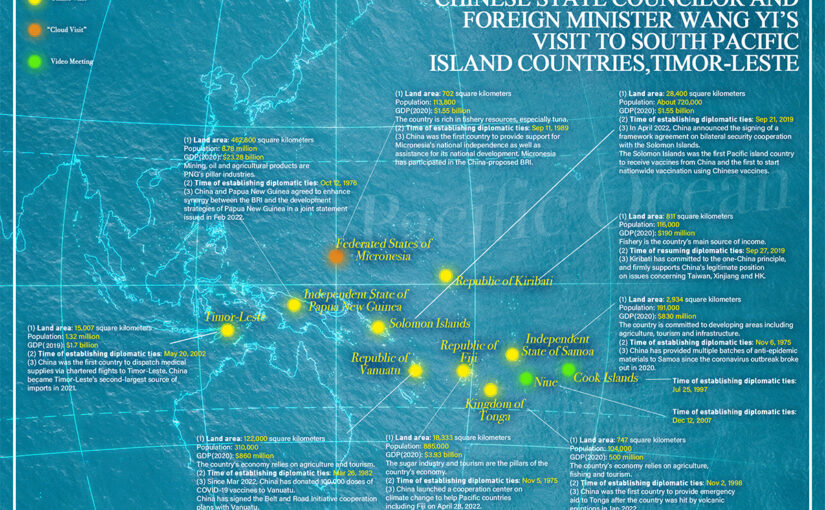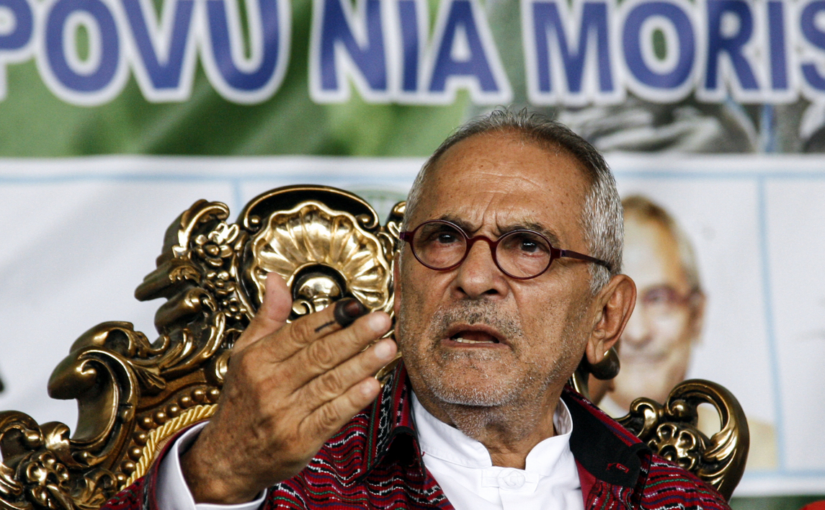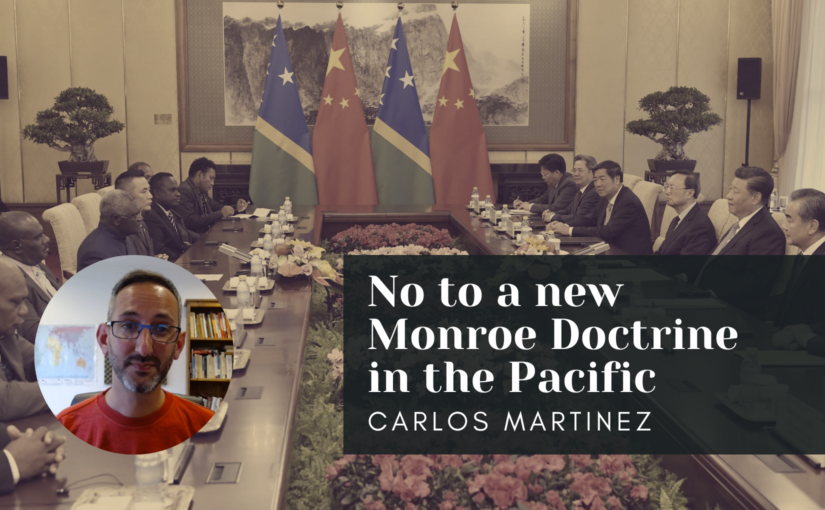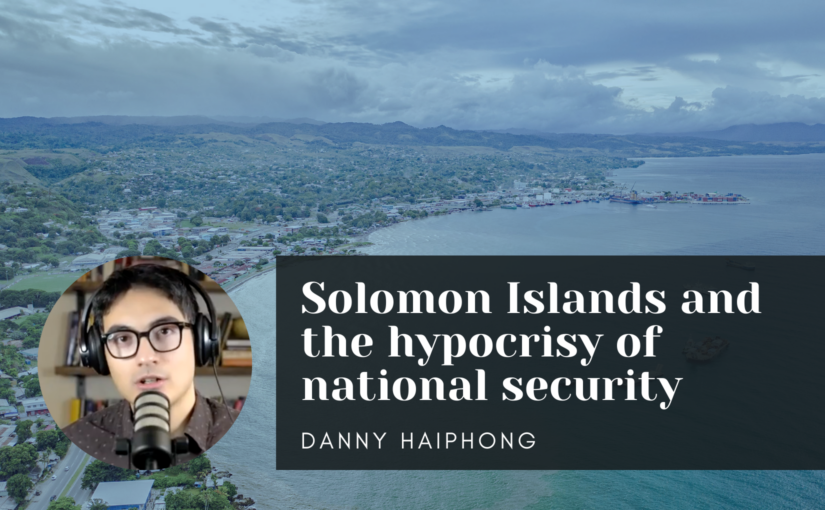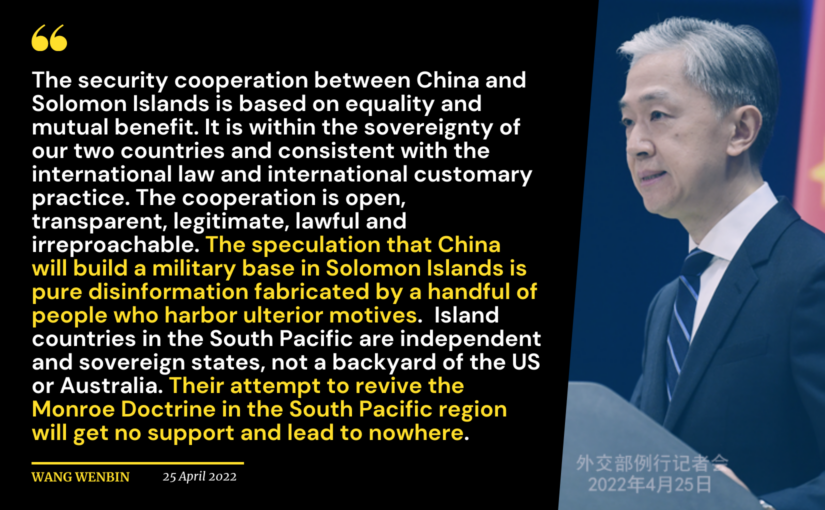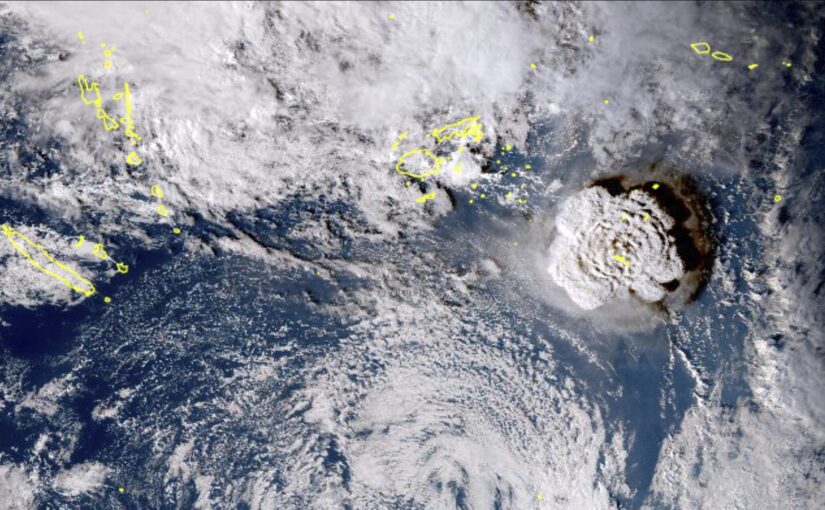At the invitation of President Xi Jinping, Dr. José Ramos-Horta, the President of the Democratic Republic of Timor-Leste, paid a state visit to China from July 28-31.
It was Ramos-Horta’s first visit to China since he took office in 2022, but he has visited China many times in the past, the first occasion being in early 1976, as part of a delegation from the Revolutionary Front for an Independent East Timor (FRETILIN). With the collapse of Portuguese colonialism, Timor-Leste had declared its independence on November 28, 1975. However, Indonesia invaded and occupied the newly independent country just nine days later. Ramos-Horta had left the country three days before the invasion to present its case to the United Nations and remained in exile for 24 years, leading the work to gain international support and solidarity for Timor’s liberation struggle, which finally triumphed over overwhelming odds.
In a July 2006 article, the right-wing US thinktank Jamestown noted:
“When the Frente Revolucionária de Timor-Leste Independente (FRETILIN) Party declared outright independence from Portugal in November 1975, the PRC [People’s Republic of China] supported the declaration… Following Indonesia’s annexation of East Timor, the PRC acted as FRETILIN’s primary patron. China argued East Timor’s case at the UN, provided financial support to its government in exile in Mozambique and was prepared to furnish anti-Indonesian guerilla fighters with sufficient military equipment to arm a light division of approximately 8,000 troops… At the stroke of midnight on May 20, 2002, East Timor became fully independent after three years under UN tutelage. The PRC became the first country to formally establish diplomatic relations with the world’s newest country.”
Meeting his Timorese counterpart on July 29, Xi Jinping said that President Ramos-Horta is the founding father of Timor-Leste and the founder of China-Timor-Leste friendship. China and Timor-Leste enjoy a long-standing traditional friendship, with China being the first country to recognise Timor-Leste’s independence and establish diplomatic ties with Timor-Leste.
He added that China firmly supports Timor-Leste’s efforts to safeguard national unity and social stability and stands ready to deepen strategic coordination and cooperation with Timor-Leste in an all-round way, safeguard the sovereignty and security interests of the two countries, and move toward the general direction of building a community with a shared future. He also called on both countries to take the signing of the Belt and Road cooperation plan as an opportunity to synergise their development strategies, share experience and technology in water conservancy construction, water-saving irrigation, disaster prevention and reduction, implement agricultural cooperation such as in rice cultivation, advance cooperation in terms of fisheries and poverty reduction, and help Timor-Leste develop its economy independently and in diversified ways, and continued:
“We should jointly promote the development of the Global South, carry out multilateral cooperation at a higher level, carry forward the spirit of the Five Principles of Peaceful Coexistence, strengthen coordination and cooperation in the United Nations, the World Trade Organisation and other multilateral platforms, jointly advocate an equal and orderly multipolar world and an economic globalisation that benefits all, and promote the building of a community with a shared future for humanity.”
Ramos-Horta said that he has visited China many times since 1976 and witnessed with his own eyes the earth-shaking changes that have taken place in China. He added that under the leadership of President Xi, China has eliminated absolute poverty, which is a miracle of humanity.
He added that in the face of profound changes in the international situation, China has firmly upheld multilateralism, and proposed the Belt and Road Initiative and a series of other important global initiatives. China has also facilitated reconciliation between Saudi Arabia and Iran, as well as among Palestinian factions, making significant contributions to regional and global peace and development, thereby demonstrating China’s role and influence as a peaceful and responsible major country in today’s world.
He also thanked China for its long-term valuable support for Timor-Leste’s economic and social development and his country’s response to the COVID-19 pandemic, adding that Timor-Leste hopes to further consolidate and develop the comprehensive strategic partnership with China, and strengthen cooperation in food security, infrastructure construction and other fields.
Timor-Leste firmly adheres to the one-China principle, believes that Taiwan is an inalienable part of the Chinese territory, opposes “Taiwan independence” and interference by external forces, and supports all efforts by China to safeguard national sovereignty and territorial integrity.
After the talks, the two heads of state witnessed the signing of the Belt and Road cooperation plan and multiple bilateral cooperation documents in the fields of agriculture, green development, digital economy and air transport. They also issued a joint statement on strengthening their comprehensive strategic partnership.
The previous day, Ramos-Horta had met with Chinese Premier Li Qiang. Li said that that since the establishment of diplomatic ties 22 years ago, no matter how the international landscape has evolved, China and Timor-Leste have always understood and supported each other, deepened political mutual trust and achieved fruitful results in practical cooperation. China is willing to work with Timor-Leste to further carry forward their traditional friendship, strengthen mutually beneficial cooperation and achieve more results to better benefit the two peoples.
Ramos-Horta also met with Zhao Leji, Chairman of the National People’s Congress (NPC) Standing Committee on July 29.
In their joint statement, both nations shared the view that since the establishment of diplomatic relations between China and Timor-Leste 22 years ago, the two countries have acted with mutual respect and treated each other as equals, with the friendship continuing to deepen, and set a fine example of unity and cooperation between countries of different sizes.
Timor-Leste extended warm congratulations on the 75th anniversary of the founding of the People’s Republic of China, and the great success of convening the Third Plenary Session of the 20th Central Committee of the Communist Party of China. Timor-Leste commends the impressive achievements China made in the First Decade of the New Era and believes that Chinese modernisation presents a new paradigm, which broadens paths and options for developing countries to achieve modernisation. Timor-Leste trusts that the Communist Party of China will lead all Chinese people of all ethnic groups in a concerted effort to realise the Second Centenary Goal of building a great modern socialist country in all aspects, and to advance the rejuvenation of the Chinese nation on all fronts through a Chinese path to modernisation.
Continue reading Timor-Leste President: If China can help our people, then China is my hero